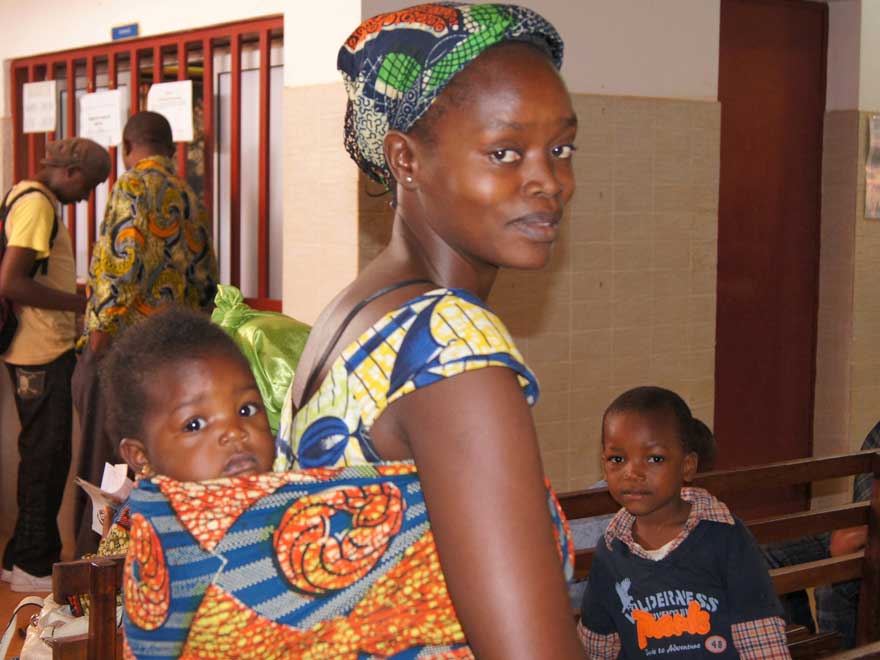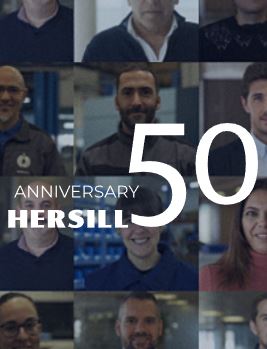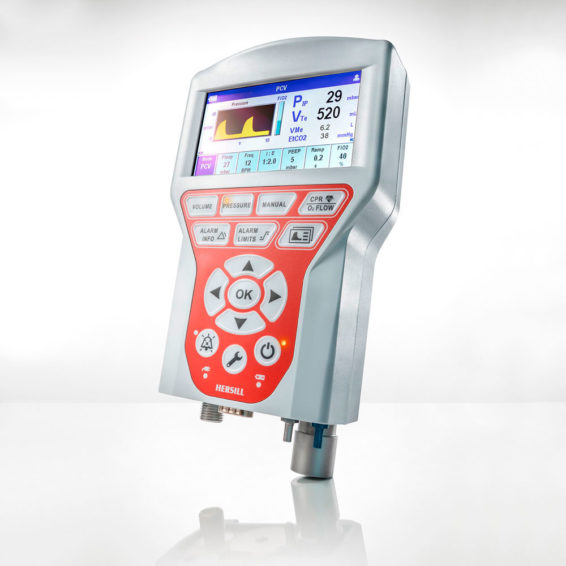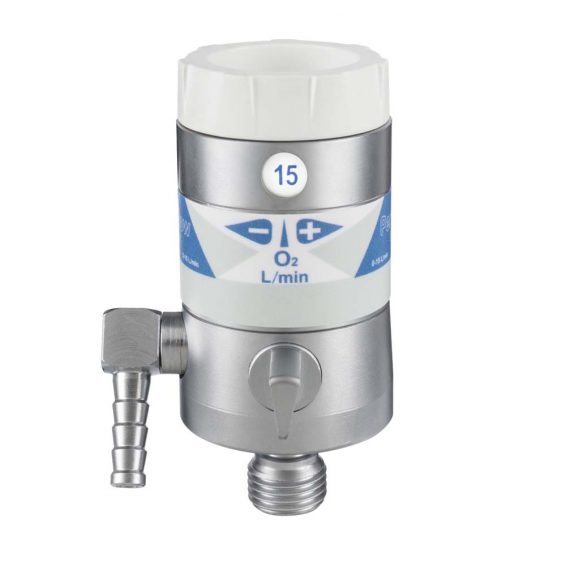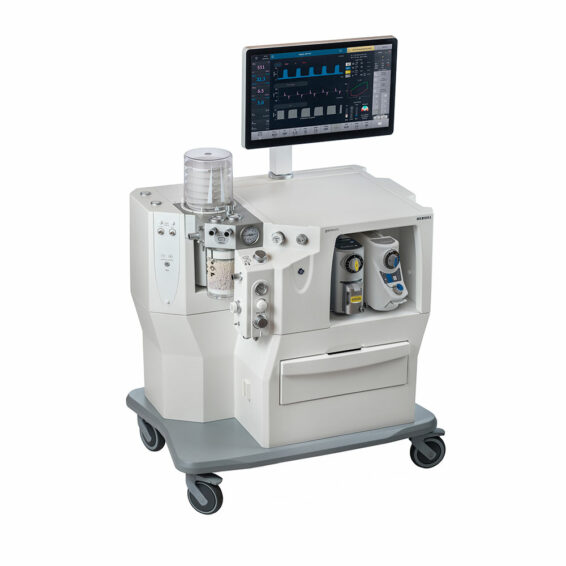FUNDACIÓN RECOVER | NEWS | Madrid |22 JUNE 2021
The scarcity of infrastructure, equipment and qualified health personnel, as well as the long distances to reach medical centres in rural areas of Cameroon, mean that access to quality health care is a challenge for the local population. For this reason, many health centres rely on external support to initiate and improve their services, which in turn enables them to generate the income they need to be self-sustaining.
Through the Hospitals for Africa programme, the Recover Foundation is working towards a sustainable health model in sub-Saharan Africa. For this reason, since 2007 they have supported the management and health development of non-profit hospitals in different African countries, so that they can offer decent health care and care in line with the basic needs of the population
In this sense, the Recover Foundation has launched a project to support the CSI Mère Nazaria health center in Bamendjou (Cameroon), which starts with a global consultancy that will help identify an optimal development plan for the coming years. This will also allow us to understand the weaknesses and strengths of the center in order to implement improvements in different areas, such as management, budgets, human resources or the functioning of services and providers, among others.
In addition, thanks to the collaboration of Hersill as the project’s funder, it will be possible to support the centre’s prenatal consultations, which will be another key pillar of the project. In a country where the fertility rate is around five children per woman and maternal and infant mortality exceeds 500 deaths per 100,000 live births, it is essential to work to reverse the figures. Thanks to the collaboration of Hersill, equipment will be acquired to provide prenatal consultations with the necessary medical equipment.
In addition, the cost of giving birth in a medical centre is very high for families, as public health is 100% paid for, which often leads to birth at home without proper health care, and the risks that this entails. For this reason, the project will also partially subsidize the testing that women need, childbirth and third trimester ultrasound.
It is worth mentioning that the grant will be partial, and not total as might be expected, since the Recover Foundation always seeks to involve participants in the projects that are developed to the target group, considering that this involvement is the basis of the cooperation.
By improving the antenatal consultation service and reducing costs for families, pregnant women who visit sporadically could begin to do so regularly and as often as needed, avoiding complications and reducing maternal and infant morbidity and mortality rates in the region.

